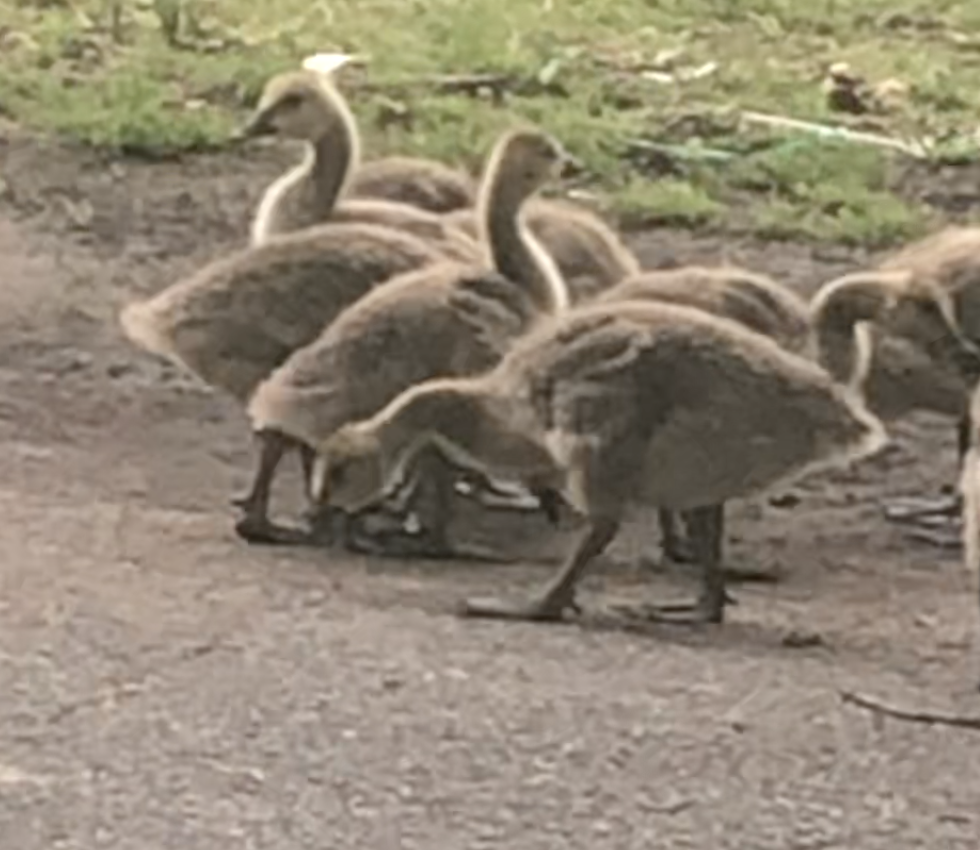|
My Pup's movement and Episode 2 of Vichaar
Pup is a "tripawd" and he's missing his right hind leg. As you can see from the video above though, he has adjusted to having three legs and walks just fine. However, there is a shift in the way he walks, as his center of gravity has now changed. Isn't it amazing that his body and brain have compensated for the loss of his leg? This plasticity is what makes our brains remarkable!
Neural plasticity is the capacity that all of our brains have for (structural and functional) change in response to experience and injury [1]. In Episode 2 of Vichaar, we looked at how the motor cortex is responsible for movement. Studies in people with amputations have shown a remarkable capacity for reorganization of the motor cortex and of other cortical areas such as the somatosensory cortex [2]. It is this reorganization of the nervous system that helps Pup in walking even with three legs. How does plasticity impact movement in your life? What role does plasticity play when you are trying to learn a new step or a new way of doing things? Citations:
1 Comment
Carol A Schachter
5/13/2022 03:35:37 pm
I had cataract surgery on one of my two eyes and now I have total clarity. But if I cup my hands over each eye individually, I can know at once which eye was "done" and which wasn't. It's amazing how the brain allows both eyes to work together so well. When my other eye is "ripe" for cataract surgery, then I'll do it to complete the process. But for now, everything is crystal clear!
Reply
Leave a Reply. |
About SlokaMy name is Sloka. I am a neuroscientist and Bharatanatyam dancer; you can find more about me here. Archives
June 2024
|
